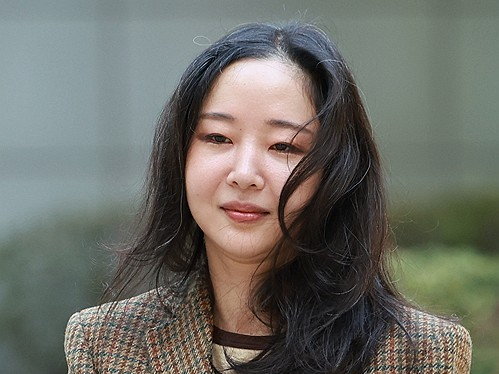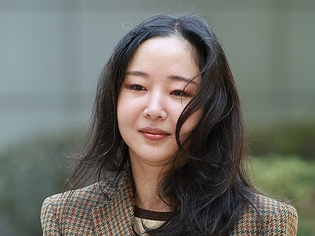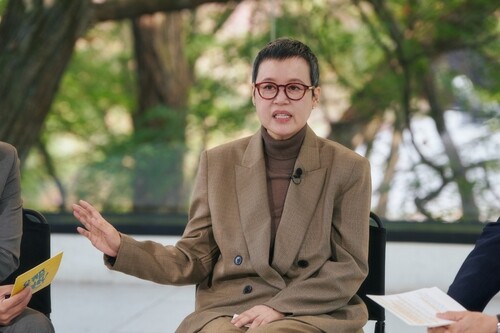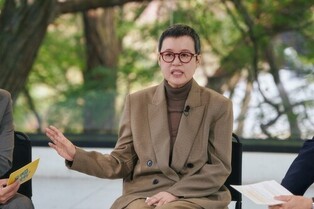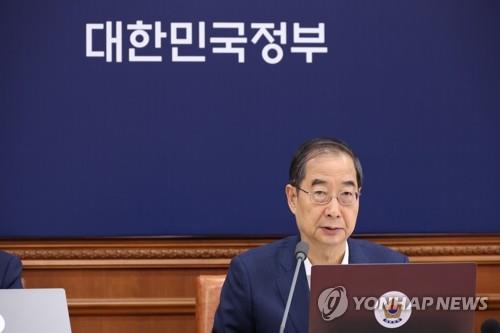 |
| ▲ Prime Minister Han Duck-soo speaks during a Cabinet meeting on July 11, 2023. (Yonhap) |
(2nd LD) Cabinet-broadcasting fees
(2nd LD) Cabinet approves revision separating collection of public broadcaster's license fee
(ATTN: UPDATES with Yoon's approval in para 2, PM's remarks in last 2 paras)
By Kim Han-joo
SEOUL, July 11 (Yonhap) -- The Cabinet on Tuesday approved a proposal to collect license fees for KBS separately from electricity bills, a move that could potentially impact the fiscal resources of the state broadcaster.
The approval of the revised Enforcement Decree of the Broadcasting Act was made in a Cabinet meeting presided over by Prime Minister Han Duck-soo. President Yoon Suk Yeol, who is on an overseas trip, electronically approved the revision later in the day.
Since 1994, KBS has charged a monthly fee of 2,500 won (US$1.93) to all households with a TV receiver, and the fee has been embedded in the monthly electricity invoice, a measure aimed at ensuring all households pay the fee.
Under the revision, however, the collection of license fees bundled with utility bills will be banned. KBS and critics argue that it could result in many households refusing to pay the fees, as there would be no disadvantage to doing, such as cutting off electricity for an overdue bill.
"We expect people will be clearly aware of the fee payment (through the bill separation)," Han said during the meeting, adding that the sense of entitlement will also be heightened.
KBS has strongly opposed the plan, claiming the separation of fees will deal a significant blow to its revenue structure.
Out of the 2,500 won fee, KBS receives the majority (2,261 won), while the public education broadcaster EBS takes 70 won, and KEPCO retains 169 won as a commission.
The annual license fee for KBS amounts to around 627.4 billion won, which accounts for approximately 45 percent of the broadcaster's total revenue. With the fee separation, KBS expects the revenue from the fees to decline to around the 100 billion-won level
The decision comes a month after the presidential office recommended that the broadcasting watchdog, the Korea Communications Commission (KCC), and the industry ministry amend laws to alter the collection of license fees.
The chief of the KCC has vowed to resign if the government scraps the fee separation plan.
KBS, which has switched to an emergency management mode, said it will file for another suit with the Constitutional Court, citing potential social confusion and additional costs expected for the new collection method.
The state-run Korea Electric Power Corp. (KEPCO), which collects the fees, is most likely to produce and send two separate invoices: one for the KBS fees and the other for electricity bills.
KEPCO has predicted an additional cost of 185 billion won to be spent annually on printing the invoices of the KBS fees and sending them to every household.
"I believe that KBS, being a legal entity, has the right to take appropriate actions if deemed sufficient enough," Han told reporters later in the day. However, he reiterated the government's decision, stating the majority of the public supports the separation of fee collection.
Furthermore, he highlighted the issue of lax management within KBS, pointing out a significant amount of money, estimated to be at least 100 billion won, is spent annually on salaries for over 1,000 employees without any specific duties.
(END)
(C) Yonhap News Agency. All Rights Reserved
























![[가요소식] 재주소년 콘서트](/news/data/20251113/yna1065624915925440_516_h2.jpg)
